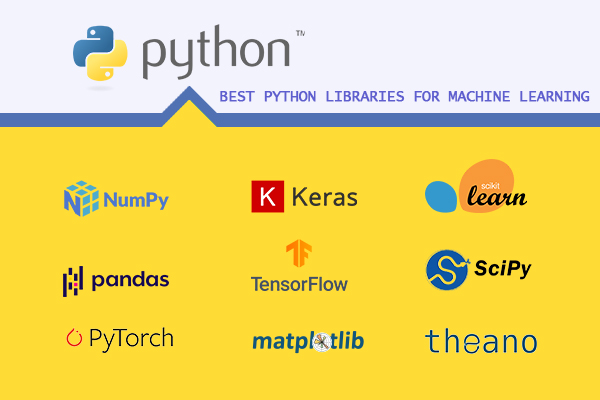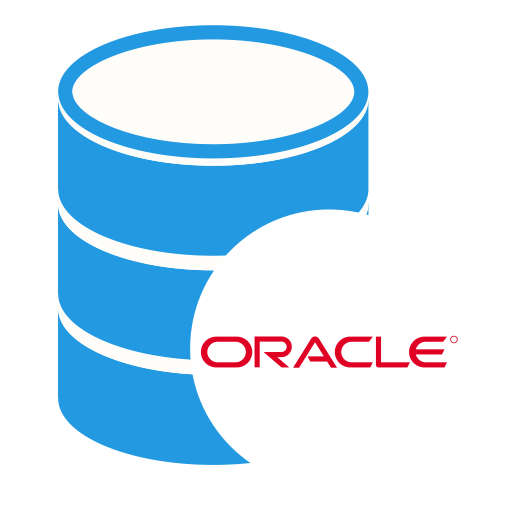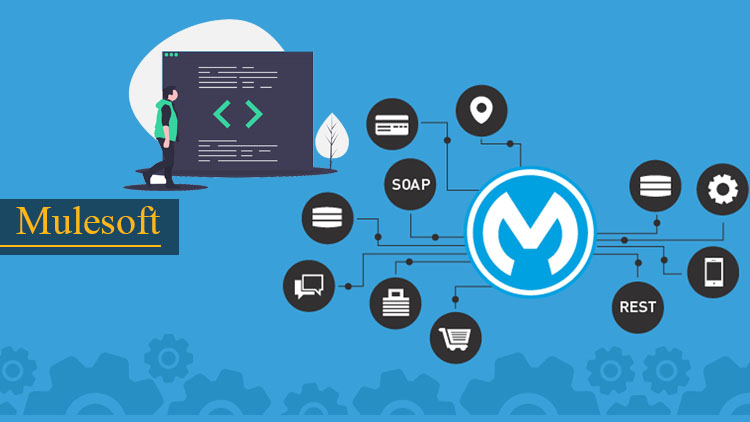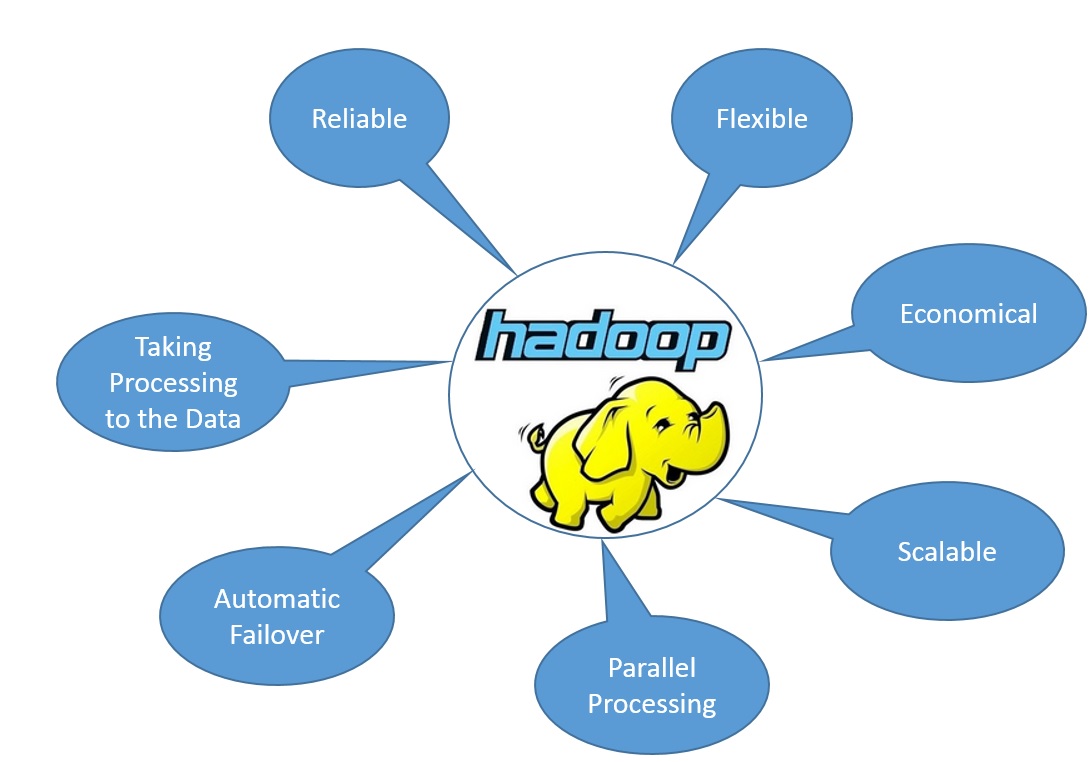The tech industry is buzzing with opportunities, and one role that’s catching everyone’s eye is data engineering. With the rapid growth of data-driven decision-making, the demand for skilled data engineers is skyrocketing. But what makes this field so exciting, and why should you consider it as a career path?
In this blog post, we’ll explore the world of data engineering, its dynamic nature, and the steps to becoming a successful data engineer. Whether you’re a tech enthusiast, a career changer, or someone aspiring to enter the field, this guide is for you. Let’s dive in and see what makes data engineering so thrilling!
The Role of a Data Engineer
Data engineers play a crucial role in managing and organizing data pipelines. Their primary responsibility is to ensure that data flows smoothly from source to destination. This involves cleaning, transforming, and aggregating data so it can be easily analyzed. It’s like being the architect of a data pipeline system, ensuring everything is perfectly in place.
To excel as a data engineer, you’ll need strong skills in programming languages like Python or Java, as well as expertise in SQL and databases. Familiarity with big data technologies such as Hadoop and Spark is also essential. Unlike data scientists who focus on extracting insights, data engineers lay the groundwork by building robust systems.
Compared to database administrators, data engineers focus more on the broader data infrastructure rather than just maintaining databases. They often collaborate with data scientists, making it a versatile role with a mix of technical and collaborative responsibilities.
Why Data Engineering is Exciting
One of the most exciting aspects of data engineering is its dynamic nature. Every project comes with unique challenges, making it a stimulating field. You’ll constantly be solving complex problems, optimizing data systems, and ensuring data reliability.
Data engineering has the power to drive business success and societal progress. By creating efficient data systems, data engineers enable companies to make smarter decisions based on accurate data. From predicting market trends to improving healthcare outcomes, the possibilities are endless.
Being at the forefront of technological advancements adds an extra layer of excitement. You’ll work with cutting-edge tools and technologies, pushing the boundaries of what’s possible. It’s a field where innovation thrives, and your contributions can have a significant impact.
Journey to Becoming a Data Engineer
Transitioning to a career in data engineering is an exciting yet challenging endeavor. My own journey began with a fascination for data and its potential to transform industries. Like many aspiring data engineers, I faced obstacles but learned valuable lessons along the way.
For those starting their data engineering path, education is critical. Pursuing a degree in computer science, data science, or a related field provides a solid foundation. Additionally, certifications from platforms like Coursera or Udacity can enhance your skills.
Boot camps are also a popular option, offering intensive training in data engineering tools and techniques. These programs often include hands-on projects, giving you practical experience and boosting your confidence. Remember, perseverance is key—embrace challenges as opportunities to grow.
The Future of Data Engineering
The future of data engineering looks promising and full of potential. As businesses increasingly rely on data, the demand for skilled data engineers will continue to rise. This trend is further fueled by the growing adoption of AI and machine learning technologies.
Emerging trends in data engineering include the rise of cloud-based data platforms, real-time data processing, and the integration of IoT devices. Staying updated with these trends will ensure you remain competitive and valuable in the industry.
Data engineering will also play a pivotal role in shaping the future of technology and business. From enabling personalized customer experiences to optimizing supply chains, its impact will be felt across various sectors. It’s an exciting time to be part of this transformational field.
Advice for Aspiring Data Engineers
If you’re considering a career in data engineering, here are some tips to help you succeed. First, immerse yourself in data-related projects—build your own data pipelines and experiment with different technologies. Practical experience is invaluable.
Networking is also essential. Connect with professionals in the field through online communities or attend data engineering meetups. Learning from others’ experiences and insights can accelerate your growth and open doors to new opportunities.
Lastly, stay curious and never stop learning. The tech landscape is constantly evolving, and staying updated on new tools and methodologies will keep you at the cutting edge. Data engineering offers a rewarding and fulfilling career path for those who are passionate about technology and data.
Conclusion
Data engineering is a field filled with excitement, challenges, and endless opportunities. From building data pipelines to enabling data-driven decision-making, data engineers play a vital role in shaping the future of business and technology.
If you’re intrigued by the power of data and eager to make an impact, consider exploring data engineering further. Whether it’s through educational programs, certifications, or personal projects, taking the first step can lead to a rewarding career.
Join the community of data engineers who are driving innovation and transforming industries. Your journey into the world of data engineering awaits—embrace it with enthusiasm and curiosity.
























